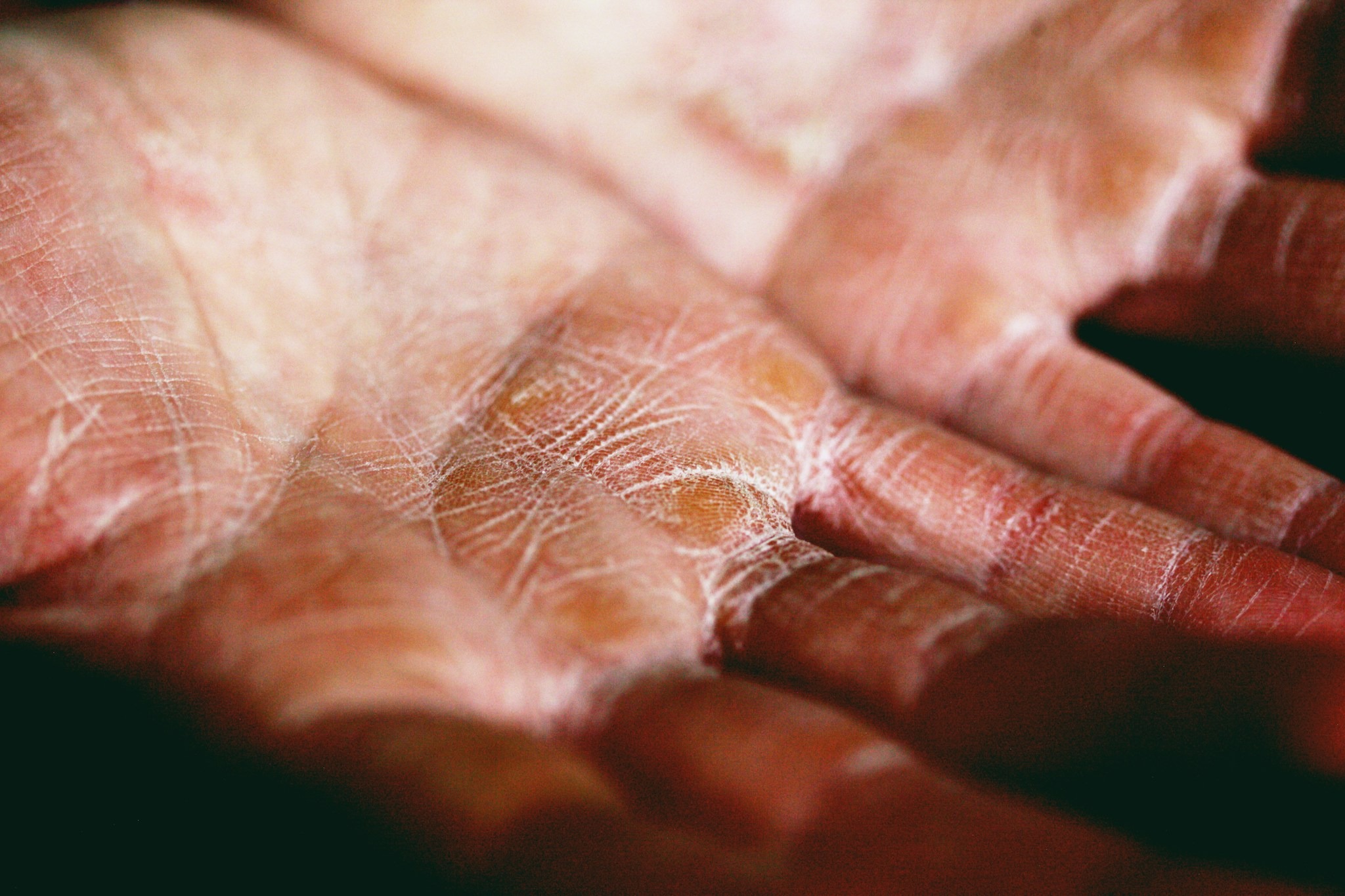Desktop
Tablet
Mobile
Desktop
Tablet
Mobile

As a GP, skin health expert, and mother, I understand how worrying it can be when your child’s skin starts to flare up and how confusing it can be to know the right steps to take, specially as there is so much scaremongering on social media at the moment and a real push against conventional science backed medicine.
Eczema is much more common than most people realise, affecting around 1 in 5 children and teenagers. It’s not “just dry skin”—eczema is an inflammatory condition that can be sore, itchy, and even impact a young person’s self-esteem if not managed properly. It's not just sensitive skin which can become itchy when in contact with certain products – it's an over-active immune disorder which is triggered by the weather, your mood, the environment, and of course products.
Dr. Amina Albeyatti | GP | Skin Health Advocate | Mum of Two